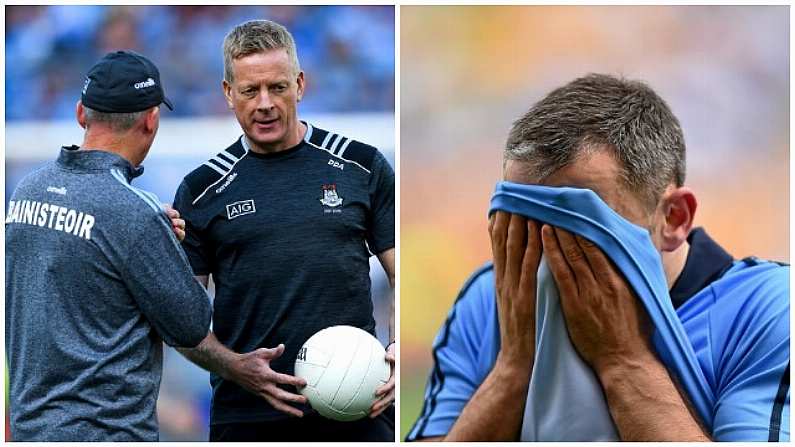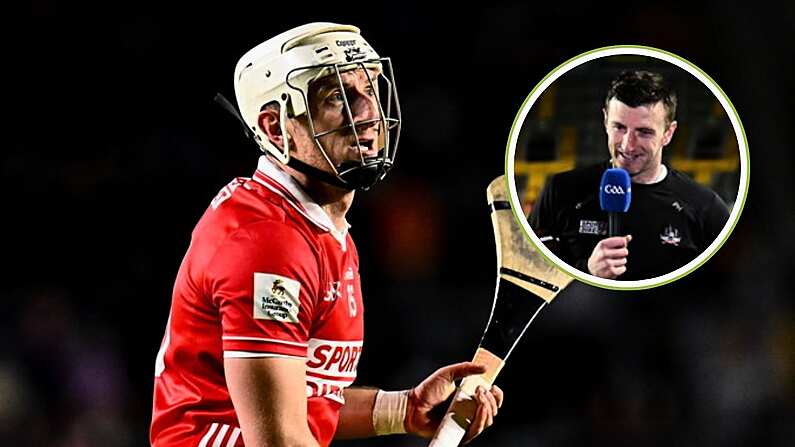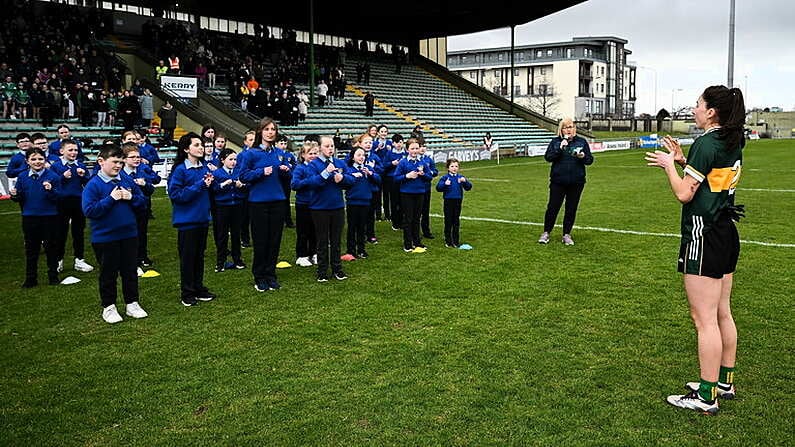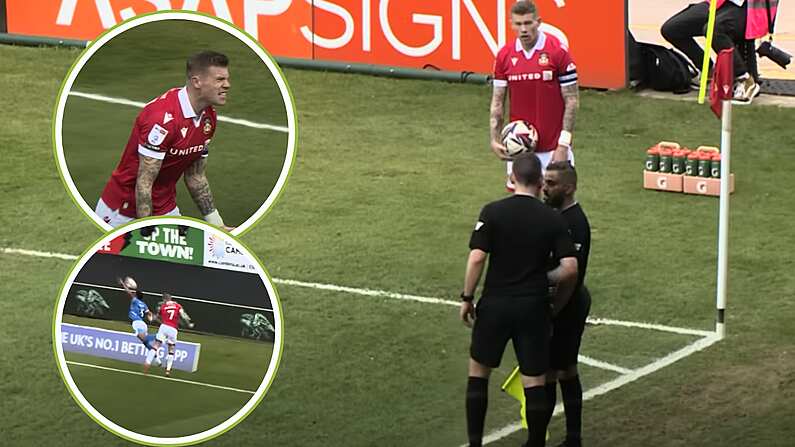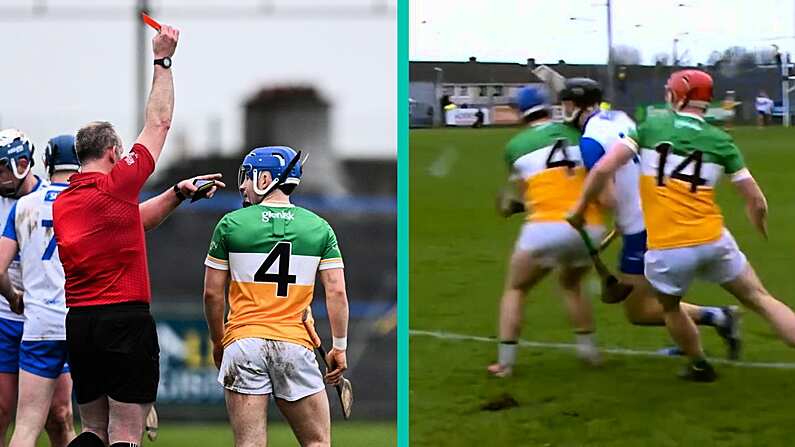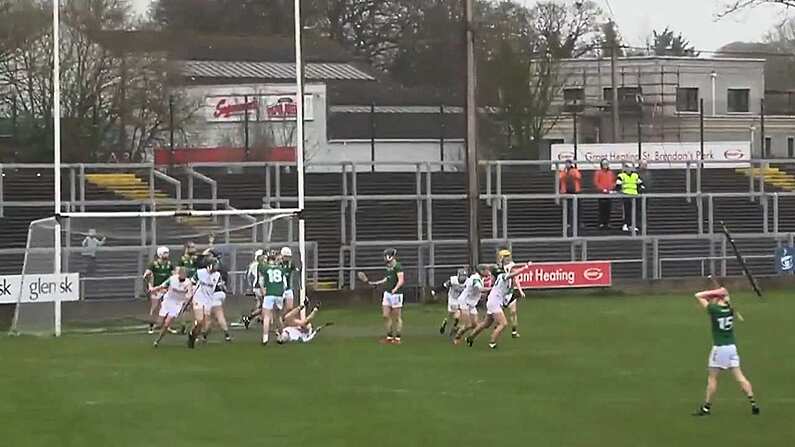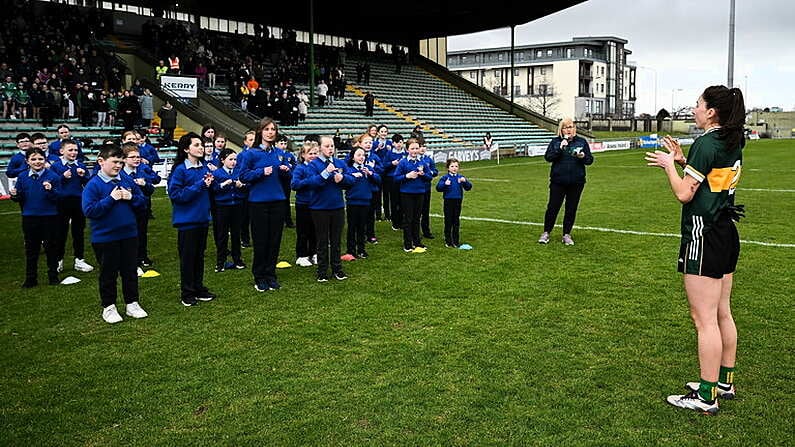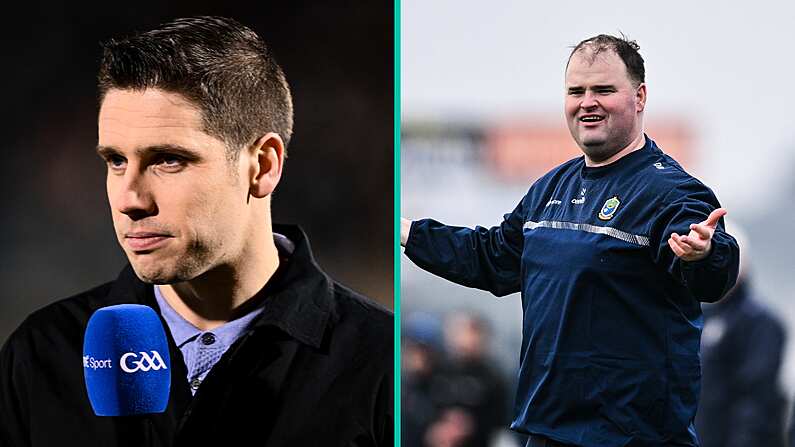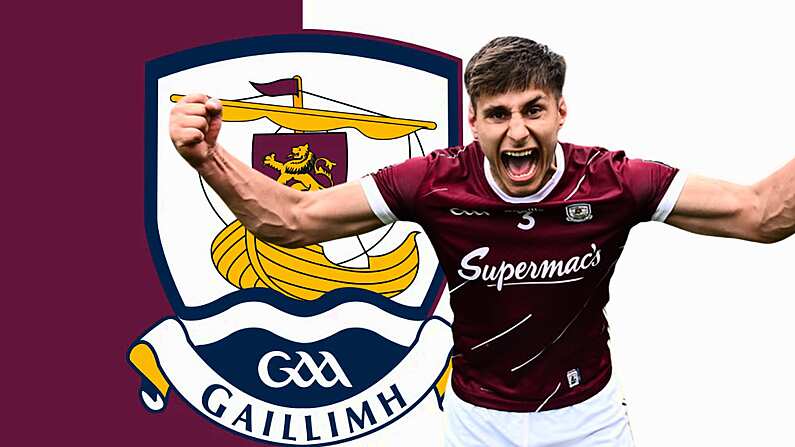The 2014 All-Ireland semi-final loss to Donegal - the last defeat which Dublin suffered in the championship - had a massive impact on both Declan Darcy and Jim Gavin.
Darcy, who worked as a coach under Gavin during his seven years as Dublin manager, ensured he was not going to easily forget the score which Donegal inflicted on his team.
"I might talk fluffy sometimes but there's a bit of killer in me," Darcy told Eamonn Fennell on Dublin GAA's 'The Hop Ball'.
"3-14 was the score we conceded that day. I put 3-14 on the inside of my locker, 3-14 on my laptop, 3-14 on my printer. Everyday I woke up, it was on my locker. It grounded me. I knew when I had to go to work, I knew what was at stake. It definitely gave me huge motivation.
"We had MacBooks, we'd be showing players clips. I had it on my laptop, 3-14. Everything we were doing, 'This is why. We don't want to go back'. I was defensive coach, so to concede 3-14 hurt me a bit harder than most.
"Paul Flynn said, 'Why do you have 3-14 written on your computer, Dec?' I says, 'That's the fucking score Donegal got against us. That's what motivates me. I hope it motivates you'.
"It grounded the group. I firmly believe that we wouldn't have been as successful as we were because it gave us that edge of thought, that deep down thought that at any given day, this can be taken away from you."
The Dublin management team looked inwards for the reasons for the defeat. No blame was put on the players.
Darcy added one of the great pleasures he takes from his time with Dublin is that in the end, teams which utilised the blanket defence were easy to beat.
"It had a massive effect on me personally," said Darcy.
"Particularly, myself and Jim, it hit us... It hit me very hard.
"I suppose there were lots of learnings in defeat. Straight away we could go back to how we started off in Carton House. Cian O'Sullivan got what we probably perceive to be now a concussion and thought that it was OK, maybe. Then he wasn't 100 per cent going into the game.
"There were lots of learnings for us and how the game evolves: Our half-forward line, the selection of the team was all front-loaded with players that wanted to score; Did we get the balance right in selections?
"We were very hard on ourselves. There was no blaming the players, whatsoever. You'd often look in the mirror before you'd start giving out about others.
"It was a big challenge but it was hugely motivational, especially with the team we were playing and the manager (Jim McGuinness) involved. It gave me huge energy for the following season to put it right if we got the opportunity.
"It was all about trying to take the emotion out of it and going after the logical thinking which was, 'OK, how do we do this better? What if this was presented again to us?' That stage was the height of the blanket defence coming out to stall teams like ourselves that were playing 15 on 15.
"This was an opposition that had really good footballers in their group. In fairness to Donegal, they had top, top players; sometimes that's not acknowledged.
"It wasn't about technical ability. Since you were a kid, you were taught to play football 15 on 15. All of a sudden, this system that's alien to you is put in front of you. You have to think and understand why they are doing it and try to dissect and start picking holes in it.
"The one thing that I love, and Jason Sherlock has a huge part in that, it was quite easy to play against that system in the end. It was a challenge in the beginning. It became easy in the end; if teams set up that way, we were happy with it. That was nice to see that curve."
Photos: Sportsfile

